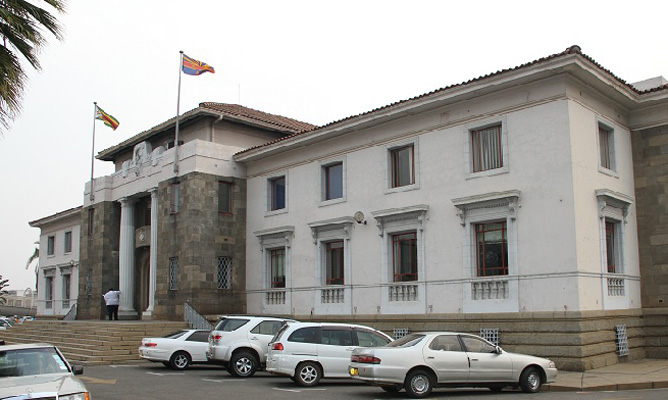
HARARE City Council top managers and its thousands of workers are among the highest earners in the country, as they continue receiving mega salaries and other generous perks, despite the local authority’s failure to provide basic services such as water.
BY XOLISANI NCUBE
According to the city’s salary schedule, seen by NewsDay, suspended town clerk James Mushore earns over $12 000, a month, various directors are paid over $11 000 and ordinary farm guards netted more than a Zimbabwe Republic Police inspector, government medical doctors and most other civil servants.
The salary schedule shows that the city has 7 041 permanent workers and 259 contract workers, with a guard stationed at any of its farms earning a gross monthly income of $902.
A street cleaner, who is in grade 15, earns a gross salary of $520, more than what teachers get.
A cemetery worker earns $769 monthly, inclusive of allowances, and is entitled to an annual bonus of $512.
Council, according to insiders, spends $2,5 million on water chemicals, leaving less than $500 000 for administration, road maintenance and street lighting, among other social deliverables.
Sources at Town House told NewsDay that Harare was collecting less than $13 million monthly from ratepayers and has a wage bill of more than $9 million, which it is failing to honour.
- Chamisa under fire over US$120K donation
- Mavhunga puts DeMbare into Chibuku quarterfinals
- Pension funds bet on Cabora Bassa oilfields
- Councils defy govt fire tender directive
Keep Reading
Harare owes half a year’s salaries to its workers. Harare mayor, Bernard Manyenyeni, in response to questions, said the city was in discussions to rationalise its wage bill.
“We need to relook whether we are paying the correct amount for the correct profession and a correct job title. We risk paying more than we should at the expense of service delivery, which is our key mandate,” he said.
The town clerk, directors and their deputies, as well as line managers, are entitled to retention allowances, cars and fuel, among others benefits.
In 2014, Harare was named in what became known as the Salary-gate scandal, when then town clerk Tendai Mahachi was reportedly pocketing around $37 000 monthly, with a wage bill that consumed over $450 000 for its top management.
Harare’s revenue streams have plummeted over the years, with residents battling to access water and other essential services while its wage bill is gobbling 70% of its income.
In the private sector, a legal practitioner gets a basic salary of between $600 to $900 and a commission depending on the number of clients one brings.
According to lawyers, generally, most of them get a gross salary of $1 200, but Harare’s legal officer gets a gross basic salary of $2 670, while the city’s chief legal officer grosses $3 990.
According to information available, a police constable gets a basic salary of around $400, while a road marker in the department of works at the Harare City Council earns $1 058.
Documents at hand suggest that a city nurse earns double what a public junior doctor at a government health institution gets with a gross salary of $1 527.











